Driving decarbonisation through responsibly sourced resources
For sustainable economic growth, resources essential for green initiatives like electric transport must be mined responsibly, says BHP.
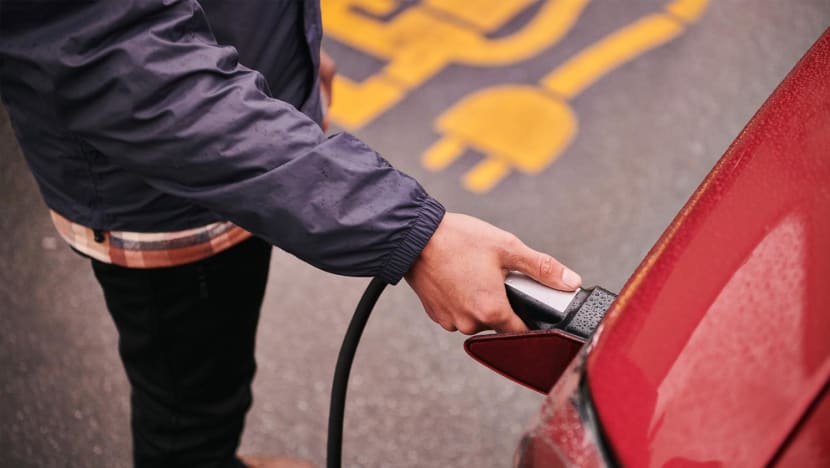
As the world embraces decarbonisation in the bid to tackle climate change, innovations such as electric transport and energy-efficient technologies are more important than ever.
These innovative technologies are reliant on natural resources such as copper and nickel. Resources company BHP has estimated that, in a scenario developed by the company in which global warming is kept within a 1.5C carbon budget, global copper production may need to double over the next 30 years in order to keep pace with the development of decarbonisation technologies such as electric vehicles (EVs), offshore wind farms and solar farms. In the same 1.5C Paris-aligned scenario, the company estimates that primary nickel production would need to increase by nearly four times in the next three decades in order to power the next generation of battery technology.
The need for decarbonisation grows more urgent by the day. Despite the two billion-tonne drop in carbon emissions caused by the COVID-19 pandemic up to December 2020, emissions were once again found to be increasing when measured on a year-on-year basis in 2021.
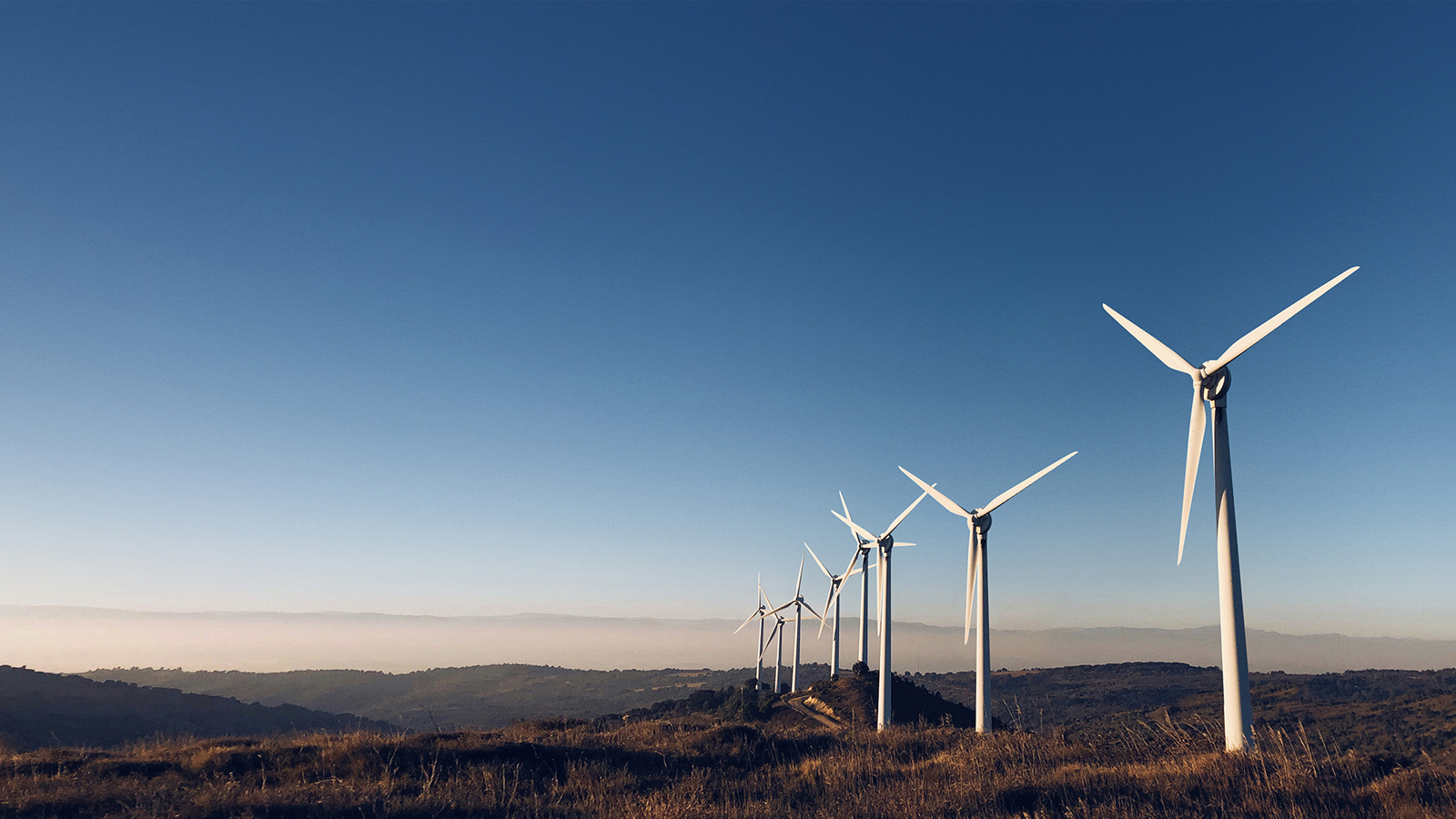
BHP’s 1.5C Paris-aligned Scenario forecasts that, in order to keep global warming to 1.5 degrees Celsius, the world would need to enact a large-scale shift to renewable energy and that this would need to be supplemented by nuclear power and increased gas generation with carbon capture, utilisation and storage technologies. The company estimates that, in this 1.5C Paris-aligned Scenario, global demand for renewable energy is heightened by the fact that demand for electricity could rise by as much as 80 per cent, as various industries along with the transport and building sectors electrify in order to operate and grow sustainably.
To help support the world’s decarbonisation ambitions, BHP is focusing on the sustainable production of the essential resources needed for the energy transition while working towards achieving its operational greenhouse gas emissions targets at the same time.
THE ELECTRIC TRANSPORT REVOLUTION
One of the global trends that is set to have a major impact on decarbonisation is the rise of EVs, which includes plug-in hybrid or wholly battery-powered vehicles.
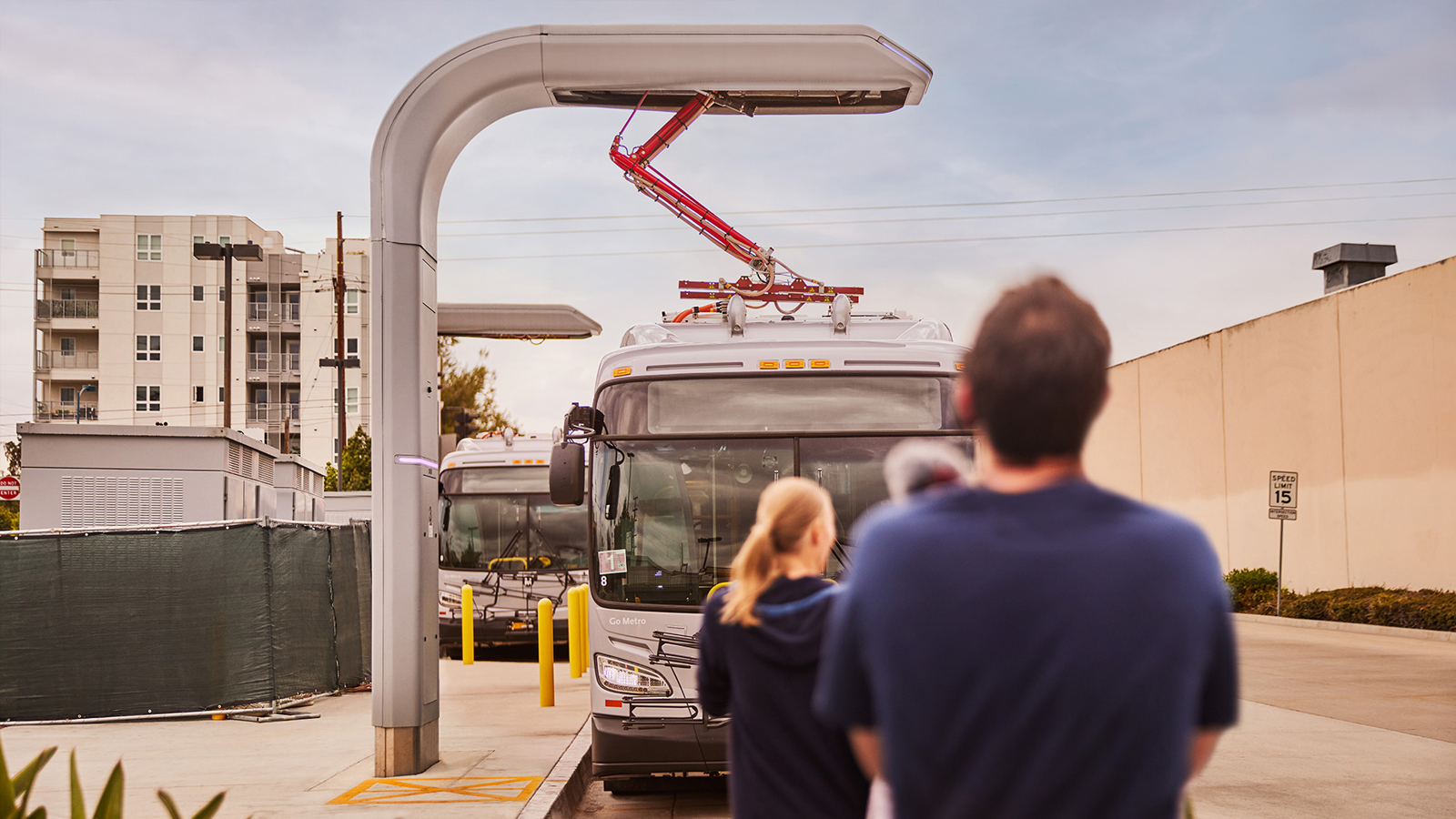
Earlier this year, Singapore announced more incentives to support the adoption of EVs, such as rebates and the goal of having 60,000 EV charging points in both public and private carparks by 2030. The Land Transport Authority has also committed to having a 100 per cent clean energy bus fleet by 2040, starting with 60 electric buses that will decrease the carbon tailpipe emissions from buses by approximately 7,840 tonnes annually.
Abroad, France and Germany have also stepped up their support of EV take-up while China has extended new energy vehicle subsidies to 2022. BHP’s central case global projection forecasts that, by 2035, EVs could form close to 30 per cent of annual vehicle sales globally and that by 2050, EVs could constitute close to 75 per cent of annual sales and make up half the world’s fleet of light-duty vehicles. In this scenario, EVs may consume almost seven per cent of the world’s electricity.
Currently, for EVs to be more efficient and competitive on performance and cost – especially when compared to traditional engines – they require lithium-ion batteries, which are made with nickel sulphate. According to BHP, a 60kwh NMC811 battery requires 39kg of nickel. The more nickel a battery has, the longer an EV’s range.
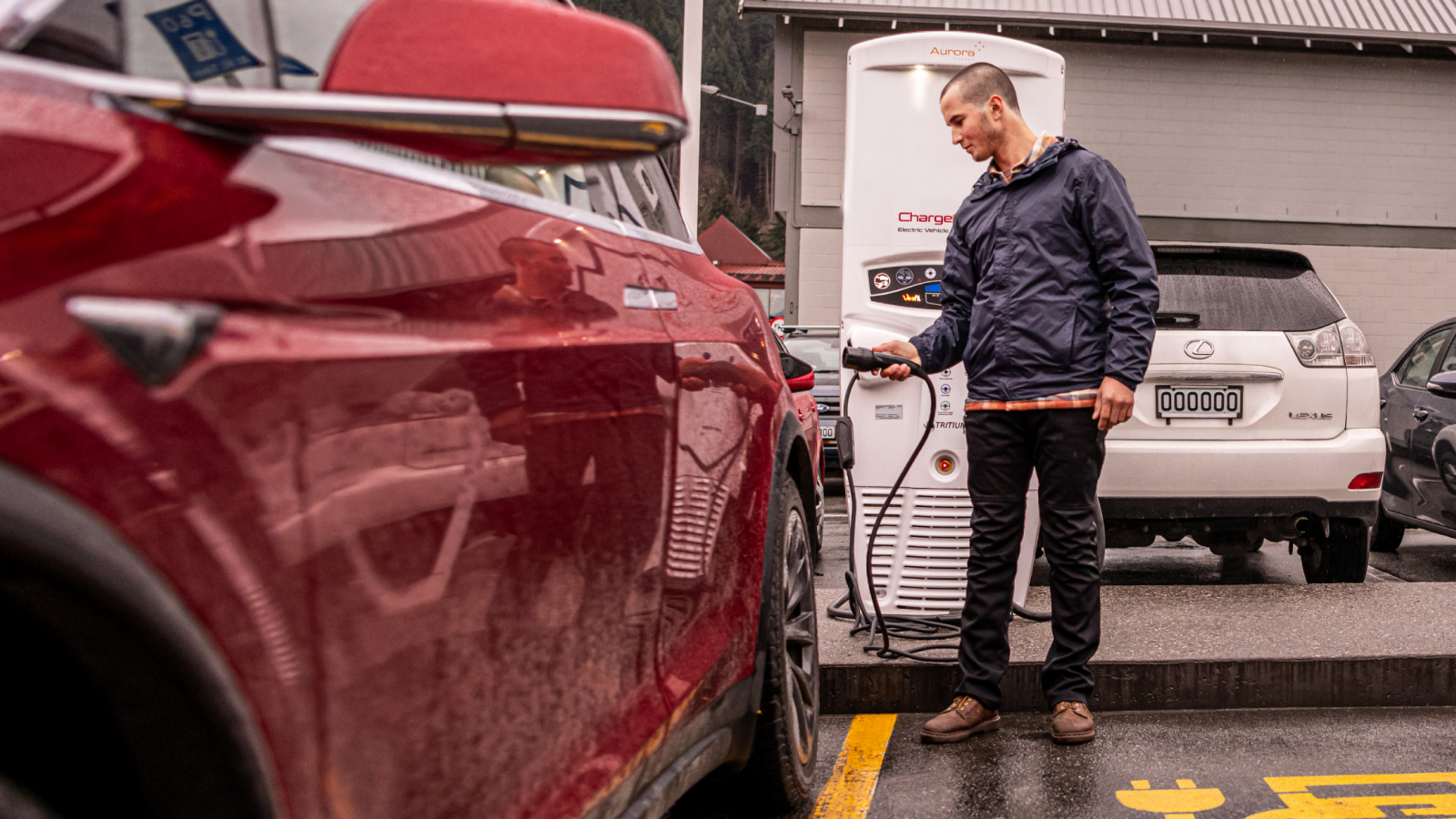
In addition to their usage in EVs, batteries are one of the technologies that – along with wind and solar – BHP anticipates may be needed to sustainably power the world’s energy grid while still meeting rising energy needs.
A SUSTAINABLE MANIFESTO FOR THE FUTURE
Over 85 per cent of the nickel produced by BHP goes to the EV battery industry, while its copper – which, like nickel, is used in a wide array of industries and products – is essential in the production of EVs and renewable energy infrastructure. In fact, EVs can require up to four times as much copper as internal combustion engine cars.
As demand for EVs grows alongside other initiatives aimed at decarbonisation, the resources mined by BHP remain key to supporting this transition to a greener world. The company is committed to producing these resources in a safe, responsible and efficient manner.
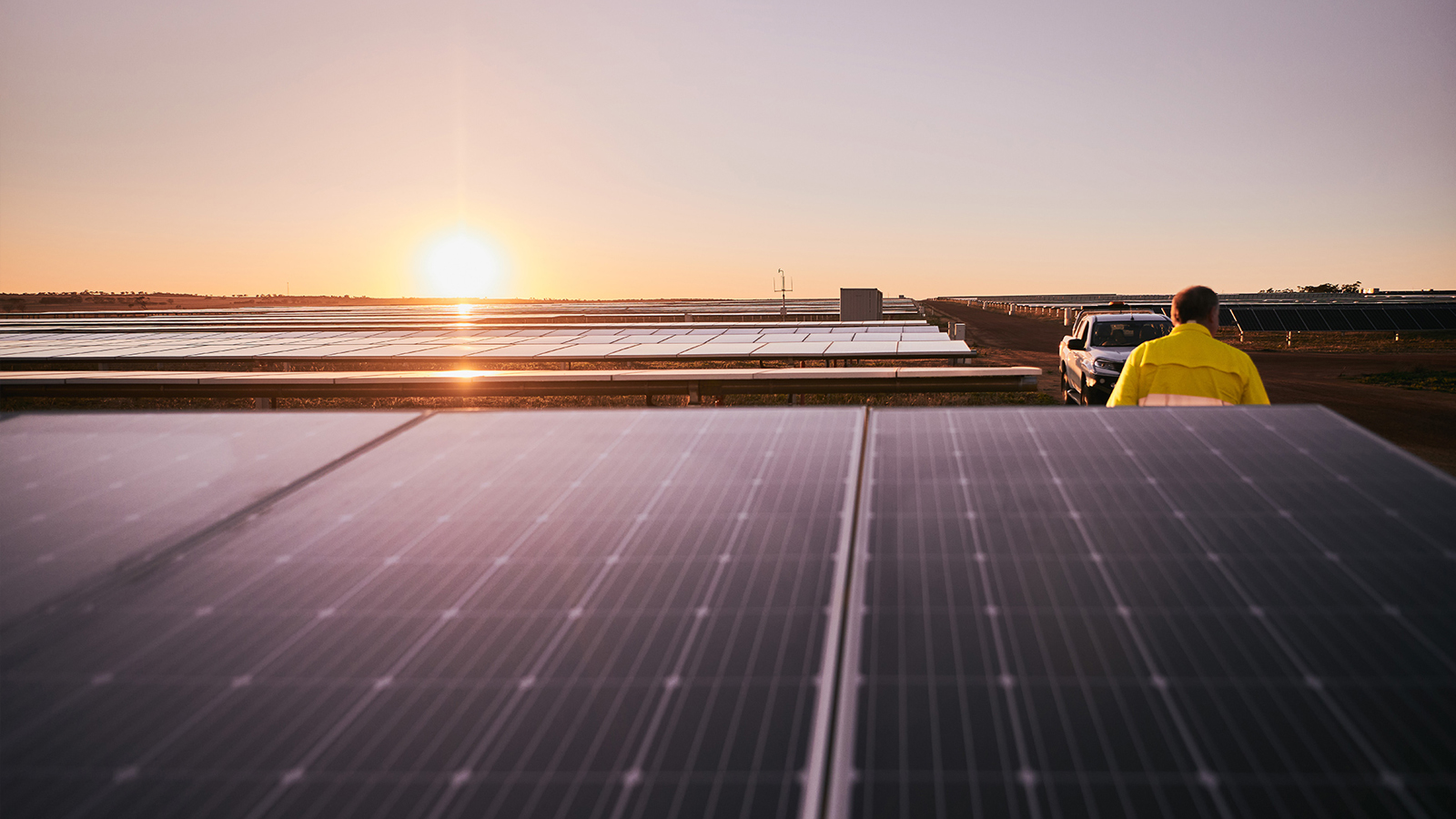
In keeping with its commitment, BHP has developed a climate change strategy which is set out in the company’s Climate Transition Action Plan 2021. This plan includes targets and a goal aimed at reducing greenhouse gas emissions from the company’s operations.
BHP is also partnering other organisations to promote the development of carbon market mechanisms, particularly for natural climate solutions. Furthermore, it recognises the necessity of supporting efforts to reduce emissions in its value chain.
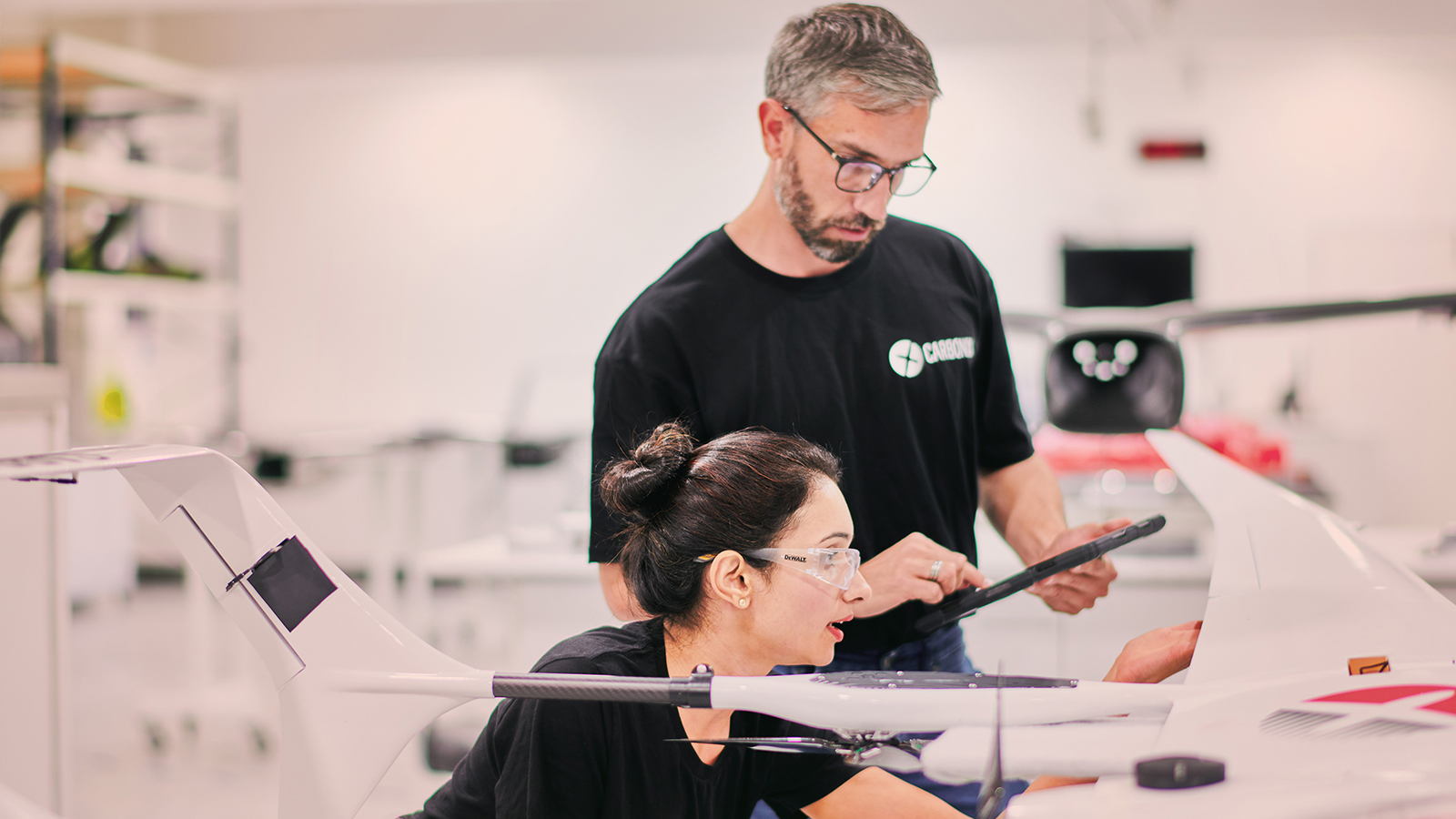
The global transition to renewable energy requires batteries, EVs and the development of an entire new infrastructure – all of which would be impossible without essential commodities like nickel and copper. Through working towards the sustainable production of these resources, BHP is working to ensure a clear future for all.
Learn more about how BHP is working to drive decarbonisation.















